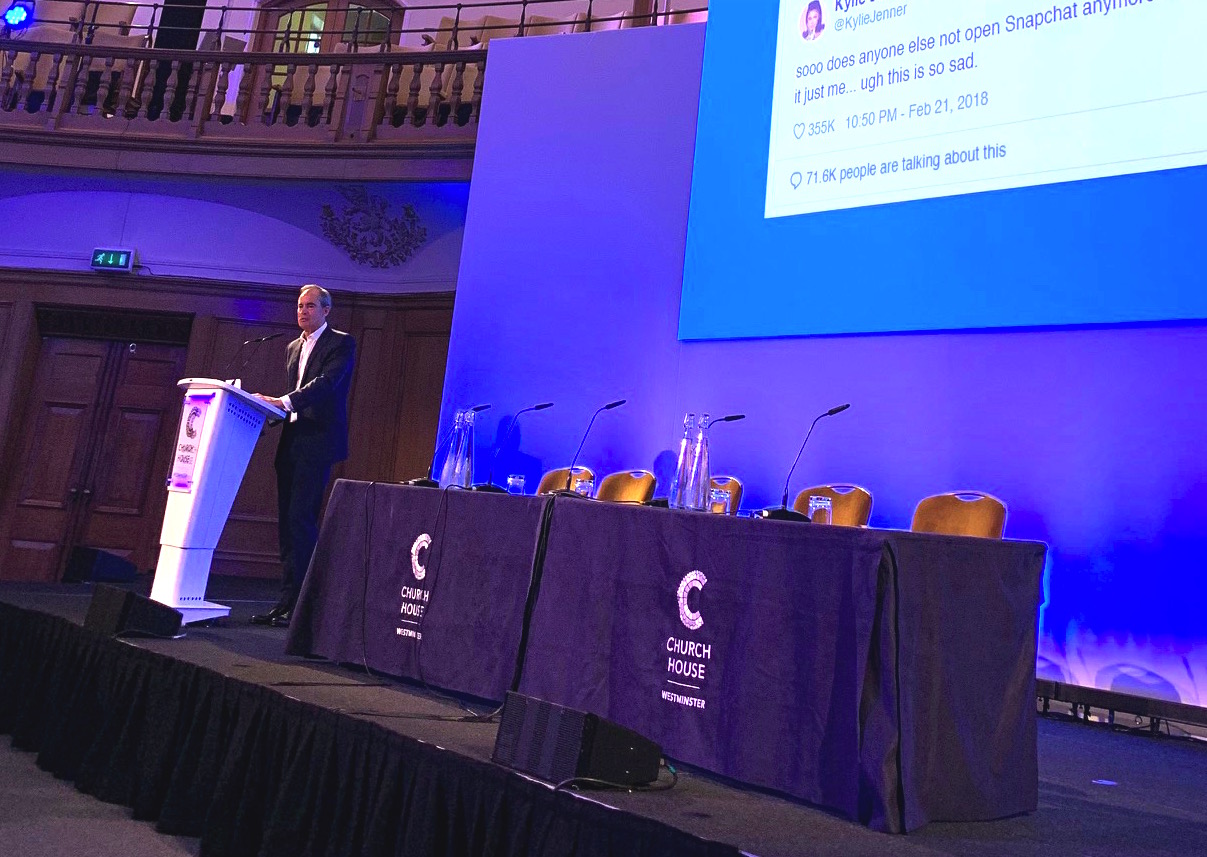Maja Pawinska Sims 25 Sep 2019 // 3:00PM GMT

LONDON — Finsbury founder and chairman Roland Rudd told delegates at the PRCA annual conference this week that telling clients “unpalatable truths” was key to being respected as communications counsel.
Rudd was responding to a question from Cormac Smith, a veteran of government communications: “How many people really have the courage to speak truth to power, if they might lose the business?”
He said: “Ultimately we get respect and acceptance when we say things that are unpalatable. I try and land it in the least discomforting way, but it pays to tell clients things the truth. If they really don’t want to hear it, I can’t work for them because I can’t do my job properly.”
Rudd said the relevance of the industry in the C-suite was one of four key areas where the industry had evolved its role: “We have to remember that things have come a long way. Twenty years ago when I founded Finsbury we were doing financial communications, corporate communications and ‘internet communications,’ which basically meant we had email. Over half of the FTSE 100 had no financial PR agency. It’s still 20%, but that’s a major change in perceptions.”
He said: “In the past, companies used to say they needed an investment banker in the room, a stockbroker, and a lawyer. Now they realise they need someone in the room who is not just thinking about comms, but also how what they are doing is going to go down, who has a feel for what stakeholders, investors, analysts and media are going to say, whether what they do has an impact politically or if there is there a regulatory angle, or whether there might be a third-party protest.
“That is now all so important that large companies need someone – which should be us – in that boardroom giving them advice. But it has to be constantly earned, and advice needs to be constantly given. Content and execution are often done incredibly done well in house, but what they want its strategic advice on how what they are doing is going to land out there. Regardless of technological and societal changes, there is an incredibly important role for us in the next 25 years.”
Rudd said crisis management, purpose and social media were the other main areas where corporate communications had evolved.
He said: “Purpose is now incredibly important in what we do. The mood has changed enormously – companies have to be able to give a very clear sense of what they stand for. And social media can have an extraordinary effect, as a powerful tool for good and for bad. It does take a certain amount of courage, but I think it’s the right thing for companies to set out their purpose, even if they are going to be attacked on social media.”
Rudd also touched on building a successful agency: “Investing in people is where we make the difference, unpinning the quality of the great companies that are in comms. And being kind to people is an important lesson in building a company that is hopefully going to gain respect.”


































.jpg)





.tmb-135x100.jpg)











